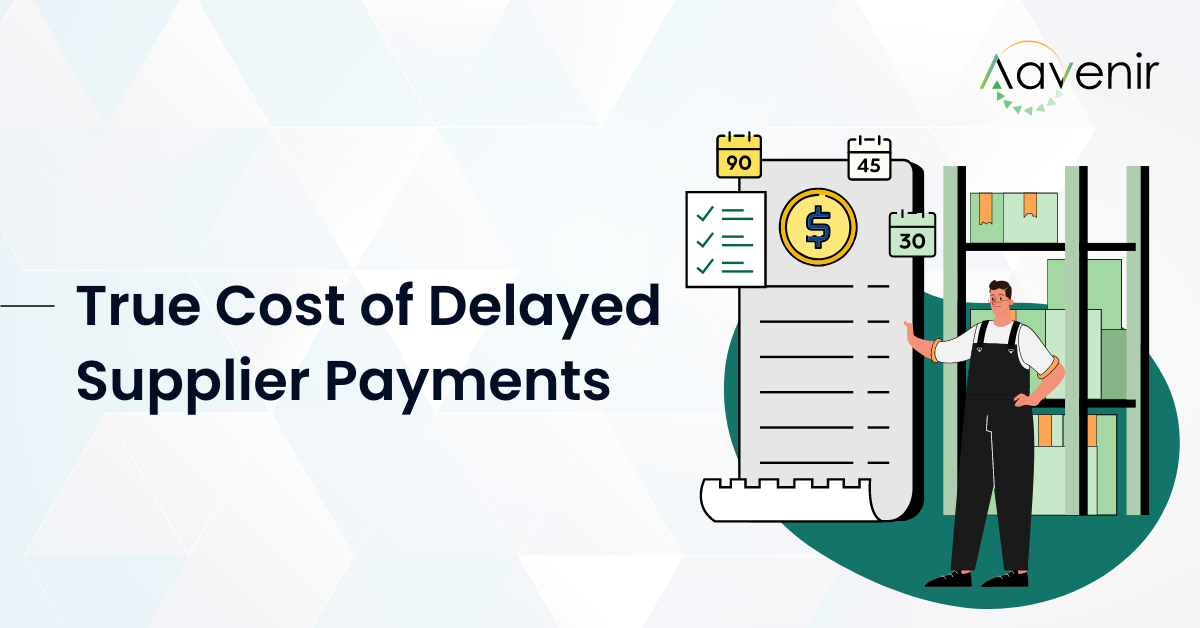About 9 years ago, the corporate juggernaut Unilever extended its payment terms from 30 days to 90 days. Within 3 years of making that change, Unilever increased its total turnover by 25%, operating profit by 50%, and investments in fixed assets by 60%. With that cash, Unilever further invested in its supply chain, passing on efficiencies to its suppliers in the form of higher volume orders. In other words, it created mutual value for both Unilever and its suppliers. But would it be the case for every organization that extends payment terms? Perhaps no, perhaps yes.
A steady cash flow is crucial for any business, and companies forced into extended payment periods are at greater risk through this hindrance in cash flow. This may seem discriminatory, but it’s worth examining why credit payment terms are so crucial to the revenue profile of a company.
Beyond Net 30: What is the new normal?
As per an IACCM article, Extended Payment Terms: Good News for Global Firms, more than 11% of invoices issued to SMEs globally are still paid outside of payment terms, and 7.5% of invoices are in the end written off as bad debt.
And this situation was before the COVID-19 global pandemic hit. Industries ranging from commercial and retail to industrial and technology have to quickly readjust their payment strategies due to the pandemic, including how credit is delivered and payment terms are managed.
At the US regional level, the average payment duration was 61 days in 2020, as per research by Atradius.
What are the extended payment terms and their cost implications?
Extended payment term is a strategy companies use to delay payments of invoices. It is usually a bit longer than the normal period, which can sometimes exceed 120 days or more.
Faced with a company where it is simply impossible to negotiate reasonable payment terms, suppliers have started to implement other financial protections against extended credit.
Repercussions of delayed payments include:
- Interest on late payment: Many suppliers charge interest on late payments. For example, in the United Kingdom, late payment legislation allows a firm to charge both interest and a fixed sum for the cost of recovering a late commercial payment.
- Invoice factoring: It involves the sale of invoices to a third party at a discount in return for prompt payment. While this allows companies to manage their cash flow and avoid overdraft costs, invoice factoring costs around 2 – 7% of the value of the receivables factored.
How to control, manage and optimize cash outflows?
The key to optimizing your cash flows and liquidity is to delay all outflows of cash as long as you possibly can while still meeting all your outflow obligations on time. Delaying cash outflow makes it possible for companies to maximize the benefits of each dollar in their cash flow. However, a point to be noted – it can be risky if not done wisely.
Points to ponder while delaying cash outflows:
- To ensure proper management of cash outflows, tracking and managing business liabilities is a must.
- Check the feasibility of trade credit: this allows companies to defer cash payments to suppliers until later without calling credit card interest and limits into play.
- Trade discounts: This requires companies to pay invoices quickly, but they can take advantage of a discount by doing so.
- Avoiding using the float: it is very common but somewhat risky; the practice of using the float between when your check is written and when it is cashed isn’t a smart way to handle temporary cash flow problems.
In a nutshell, opt for delayed payments only if it will result in a real benefit. Not paying your vendors on time can damage the entire supply chain.
Final Thoughts
According to the IACCM article, late payment remains a chronic concern for companies, and the industry landscape has now shifted in favor of fair and timely payment.
A proper invoice automation solution like Aavenir Invoiceflow helps to integrate the payments strategy to reduce the likelihood and consequences of late payment:
- A centralized invoice approval process
- Automated Invoice data extraction, entry, and 2-way/3-way match
- Monitor invoice status and track payments
These actions, as mentioned above, put the onus on the finance function of a business but, in the long run, will benefit both the supplier and the financial health of the company. So here’s to getting paid more quickly in the future.





